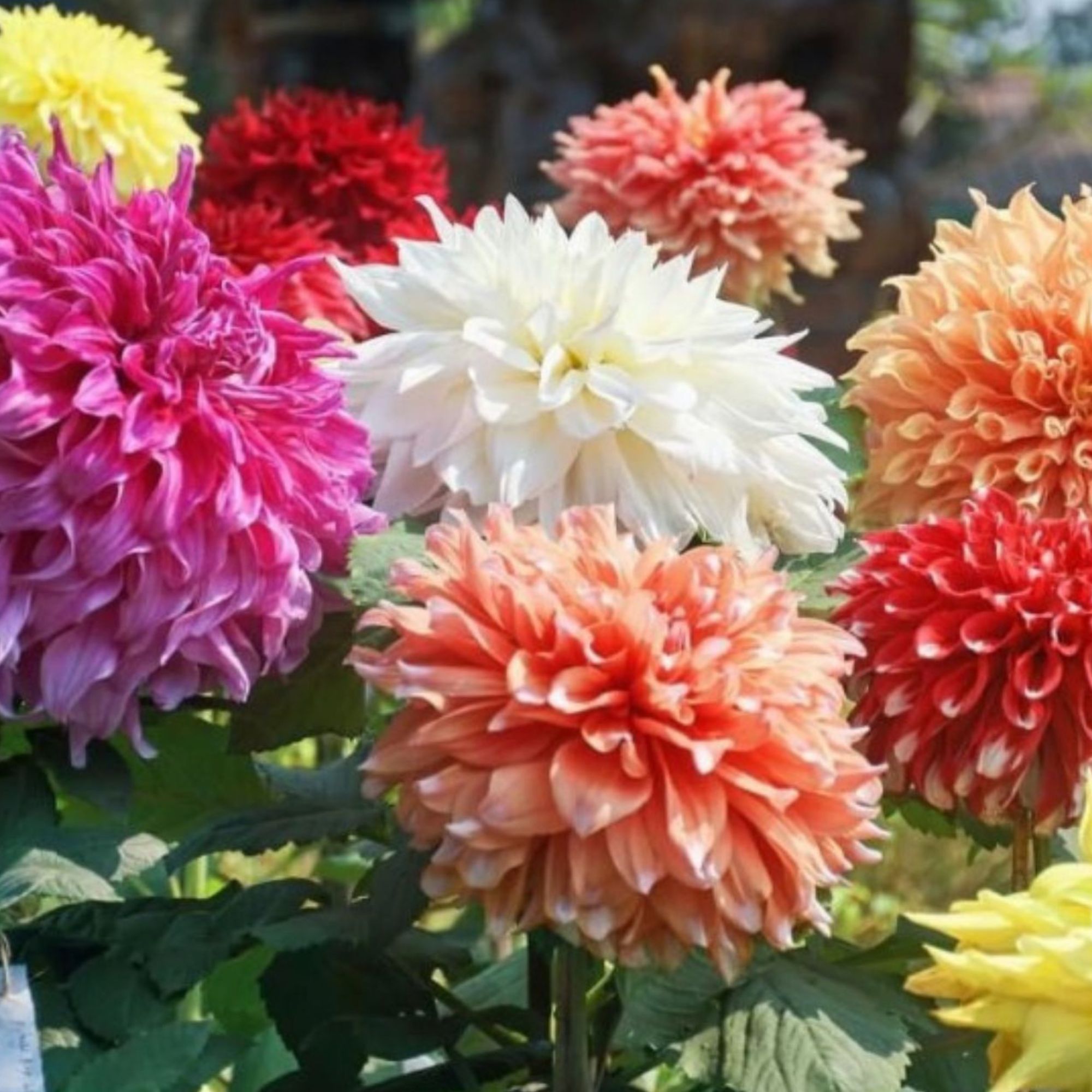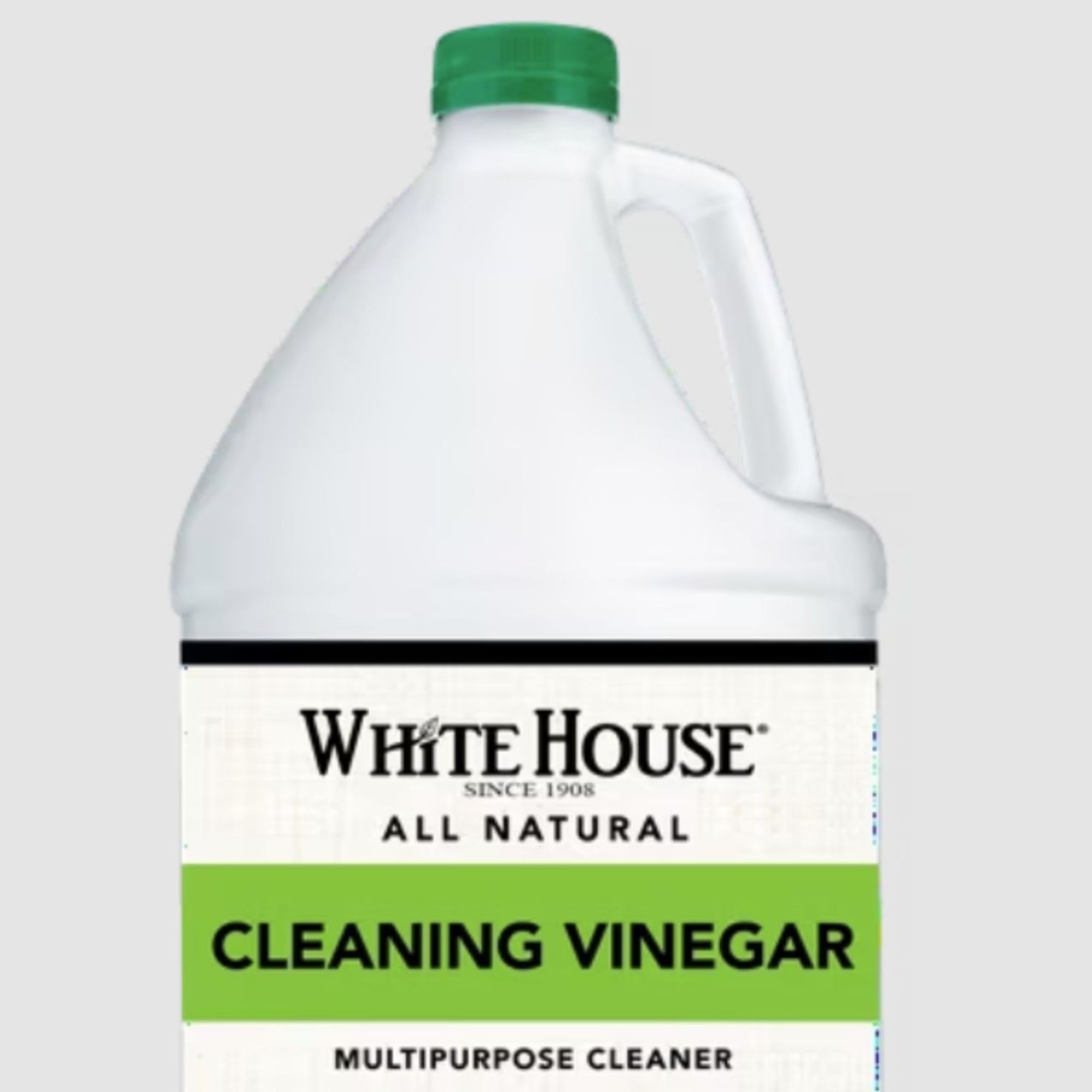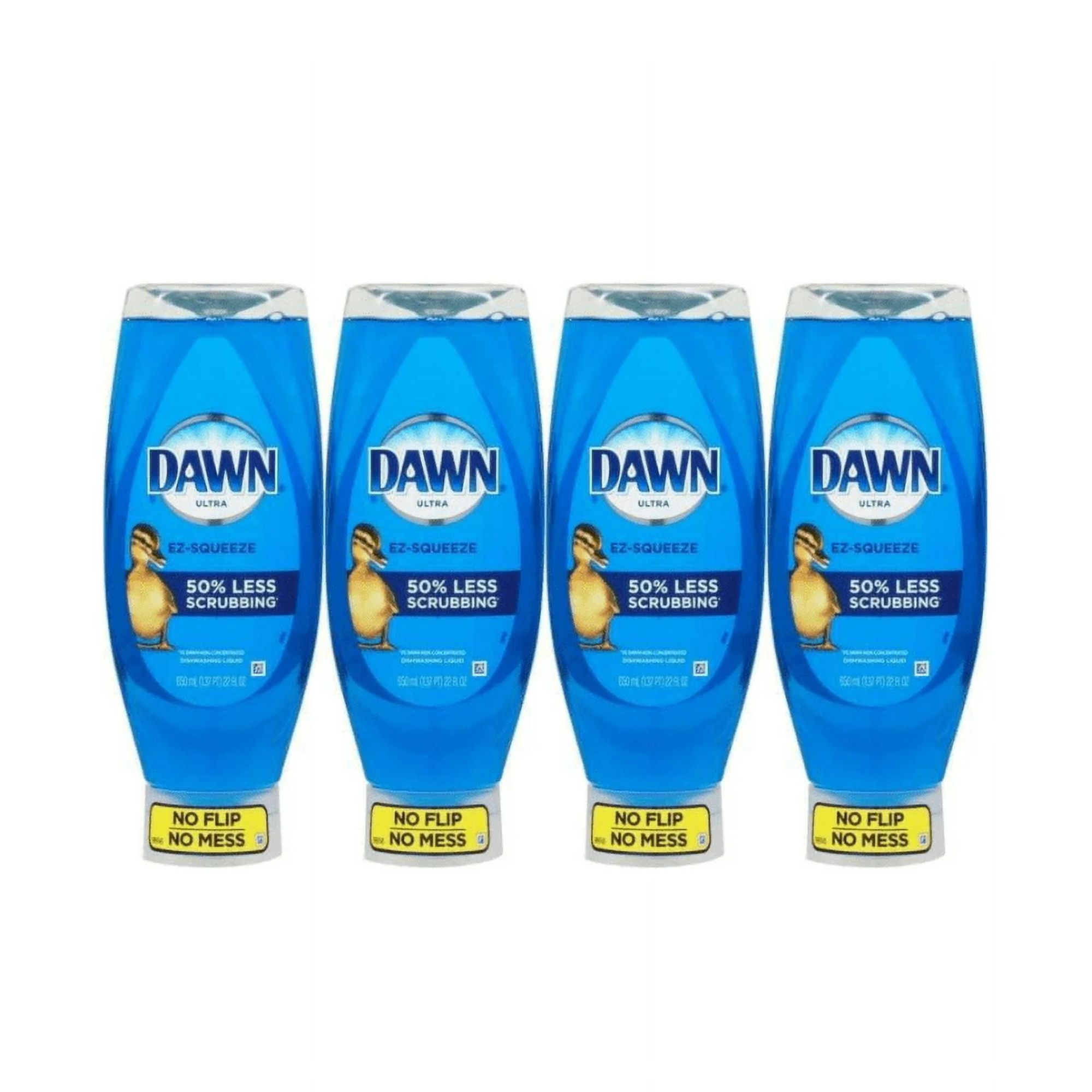
A garden requires maintenance to look lush and inviting. Thus, we are always looking for tips and tricks to keep our green spaces in tip-top shape.
Christie Brinkley has proposed a few solutions, as per her recent Instagram post of her stunning garden, which features abundant dahlias. It's giving us great insight into how to create a non-toxic garden, and according to Christie, you only need three household items.
'My Secret Garden. It’s all organic, not a single chemical used here!' she writes in the post's caption. 'I promise you most everything can be cured with dish soap, vinegar, or cinnamon. Better for you, your family, and our planet!'
Shop the non-toxic garden edit

This mix of 10 different dahlias is the perfect blend of colorful and voluminous flowers. They will come back year after year, for a long-lastingly, beautiful garden.

A go-to cleaning product for a reason, this all-natural edition provides ample supply with its gallon bottle. It can be applied across the home and garden.

These bottles make it easy to squeeze onto sponges and cloths, as well as into bottles, and the four-pack for $21.50 is a fantastic deal. It looks just as stylish on the side of your sink as it works.
According to experts, opting for natural solutions to common pest problems is a great way to ensure that you avoid toxins and save money on gardening.
'If you are looking for natural pest control methods, using household spices is a cost-effective (and organic) option,' explains Thom Rutter, Master gardener and Gardens content editor at Homes & Gardens. 'Indeed, as Christie Brinkley says, spices are considered a worthwhile natural solution, particularly in the summer when pests may be attacking plants.'
Thom says particular spices work well based on your garden's location, so it's a good idea to asses your land and look at the potential deterrants to your garden.
'There are many different products and spices to try, which tend to deter and repel pests as opposed to killing them,' he explains. 'For example, you can use cayenne pepper to deter squirrels, who are purported to dislike the spicy aroma. This can be particularly handy if you live near a woodland area.'
As Christie mentions, cinnamon is also a major player in natural garden remedies. However, Thom notes that chemical sprays are ultimately more powerful.
'In addition, many people swear by using cinnamon as a trick to get rid of gnats,' he says. 'It goes without saying, but these natural methods may be less effective than, say, a chemical spray. But, they are certainly worth a try, and will not harm the local ecosystem.'
Are you a fan of natural garden remedies, like Christie, or do you opt for chemical products? Let me know in the comments.







